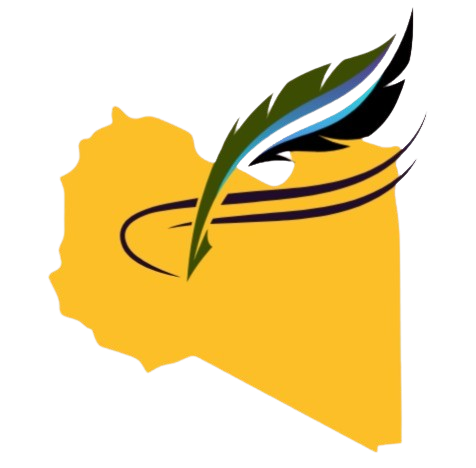2. Review Procedures
-
The manuscript undergoes an initial screening by the Editorial Board.
-
An AI-based preliminary check is conducted to detect methodological flaws or plagiarism before proceeding to peer review.
-
Reviewers are selected based on their expertise in the subject area, ensuring no conflicts of interest (e.g., direct academic relationship with the author).
-
Manuscripts that pass the initial evaluation are sent to two specialized reviewers.
-
The final review outcome is based on the reviewers’ reports; a third review may be requested if there is a significant discrepancy between the first two reports.
3. Evaluation Criteria
-
Originality and significance of the research
-
Clarity of the problem statement and objectives
-
Theoretical and methodological framework
-
Quality of analysis, discussion, and conclusions
-
Referencing, language, and scholarly presentation
4. Review Timeframe
-
Initial response: within 10 days
-
Full peer review: within 30–45 days from the date of submission to reviewers
5. Possible Review Outcomes
-
Acceptance as is
-
Acceptance with minor revisions
-
Acceptance after major revisions
-
Rejection
6. Direct Rejection Criteria
-
Weak methodology or scientific plagiarism
-
Topic outside the journal’s scope
-
Exceeding the approved textual similarity threshold
7. Reviewer Commitments
-
Maintaining confidentiality and objectivity
-
Providing constructive and well-supported feedback
-
Meeting the agreed-upon review deadlines
8.Peer Review Ethics
-
Reviewers must maintain strict confidentiality and must not use any part of the manuscript content prior to its publication.
-
Reviewers are required to disclose any conflicts of interest that could prevent them from providing an objective evaluation.
-
The journal reserves the right to replace a reviewer if they delay the process or fail to adhere to academic and professional standards.







